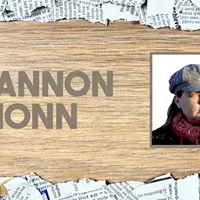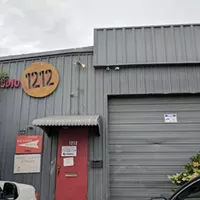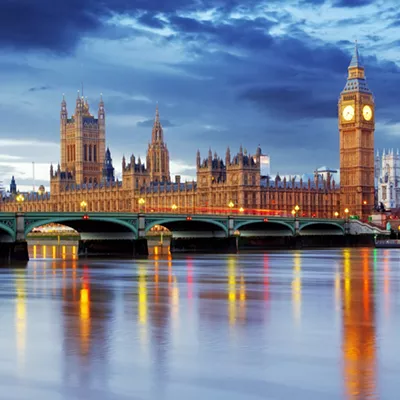Debate over medical marijuana bill proves green's the only game in government
N.C. lawmakers in the pockets of big-spending campaign contributors
By Erin Tracy-BlackwoodCatherine Lyles, a brain cancer survivor from Raleigh, spoke to the North Carolina House Rules Committee last month about how marijuana had saved her life. It relieved the nausea caused by harsh radiation treatments required to cure her terminal illness and enabled her to eat and nourish her body.
This woman, and thousands like her bravely fighting for their lives, will continue to be treated as criminals for at least the next year in North Carolina. Despite Lyles' moving testimony, the committee shot down House Bill 84 — the Medical Cannabis Act — 20 minutes after the start of the public debate.
The bill was killed swiftly with a rare "unfavorable report," which makes it and similar legislation ineligible for consideration until 2014. When asked by Raleigh news organization WRAL why such unorthodox measures were taken on a bill that has the support of six in 10 North Carolinians, Committee Vice Chairman Paul "Skip" Stam said it was because committee members were being "harassed" with phone calls and emails by supporters of the bill.
In the past, this sort of "harassment" has been called democracy. These days, lawmakers don't want to hear from you. Stop bothering them, they don't work for you anymore. Corporate donors are running the show now.
Nationally, the top five industries lobbying against marijuana decriminalization are alcoholic-beverage companies, police unions, prison-guard unions, private-prison corporations and the pharmaceutical industry.
It's not hard to understand why they have a dog in this fight. A marijuana arrest is made every 42 seconds in the United States, which contributes billions annually in the form of federal grants, seized property and funds, and employee overtime to law enforcement and the prison industry. Last year, arrests for simple marijuana possession exceeded arrests for all violent crimes combined, making it these industries' most abundant source of funding.
If marijuana were legally available for medical use, pharmaceutical giants would take a huge hit, as marijuana is proven to be safer and more versatile than the expensive prescription drugs they manufacture, and can be grown in the majority of backyards across America. The alcohol industry doesn't want any type of leniency for marijuana because if it were ever legalized for recreational use, many party people would opt for the safer, hangover-free buzz cannabis provides instead of their alcoholic beverage of choice.
A quick look into the campaign finance records of a sample of legislators on the House Rules Committee shows these top five industries have plenty of money at play in North Carolina.
Wake County Republican Stam's campaign finance records for 2012 haven't been released, but he's serving his seventh term, so there are six other campaigns to consider.
In 2010, the alcoholic beverage industry was a top 10 contributor. He has also received significant donations from eight different pharmaceutical companies, including Astrazeneca, Merck, Bayer, Eli Lilly and Novartis. The Southern States Police Benevolent Association, a prison guards' union, was also a top contributor.
The chairman of the N.C. House Rules Committee, Tim Moore, R-Cleveland, has turned in his campaign finance report for 2012, and it shows large donations from pharmaceutical big wigs Pfizer, Merck, Abbott Laboratories and Eli Lilly. Astrazeneca has been a dependable source of money for him as well, contributing sums in 2004-10.
He also received thousands from the North Carolina Beer, Wine and Liquor Wholesale Association. His top campaign contributor was the N.C. Republican Party, a committee to which the alcoholic beverage industry contributed nearly $60,000 in 2012.
The other vice chairman of the House Rules Committee, Justin Burr, R-Stanly, received donations in 2012 from Pfizer and the North Carolina Beer, Wine and Liquor Wholesale Association, but he appears to have financed most of his campaign with earnings from his family business, Burr Bail Bonds. It doesn't take a huge leap of logic to consider the financial stake a bail bondsman has in keeping a commonly used substance criminalized.
These three representatives are all Republican. However, the industries lobbying against marijuana reform appear to have contributed equal amounts of money to top Democratic candidates in the state. In spite of these contributions, the North Carolina Democratic Party has officially endorsed medical marijuana. Too bad they won't have the opportunity in this legislative session to put their money where their mouth is.
While medical marijuana is an issue that has deserved a fair hearing for decades, the fact that it won't get one this session isn't what is most disturbing. No, what's most disturbing is this is a tangible example of how the well-being of North Carolinians is sold to the highest bidder. A seven-term representative no longer even cares enough to pretend we have a say in the matter. He just told us to our collective face that we, as citizens, have no voice in government.
Speaking of...
-

5 Sciences of how to best extract Cannabis and test it
Nov 4, 2019 -

Intro to Carolina Cannabis 101
Jun 27, 2018 -

It's High Time for a Cannabis Column
Jun 7, 2018 - More »


















